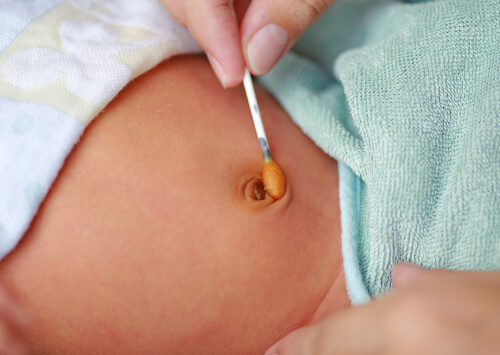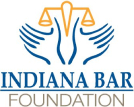
Did your child suffer severe or fatal harm from a preventable umbilical cord injury? If so, you and your family deserve accountability and justice for what you’ve been made to suffer.
While umbilical cord injuries are relatively common and frequently minor, in some cases, they can have severe, permanent, and even fatal consequences. All too often, carelessness and medical error are to blame.
If you believe your child’s birth injury resulted from birth malpractice, you could be entitled to money from a medical malpractice claim. Keep reading to learn more about how and why umbilical cord injuries happen and what you can do if your baby suffers an umbilical cord injury in Indiana.
What Can Go Wrong with an Umbilical Cord?
The umbilical cord is a tube-like structure that connects a developing baby to its mother. A healthy umbilical cord provides the baby with the nutrients and oxygen it needs to survive and grow within the womb. But because the umbilical cord is loose and rope-like, it can become twisted, compressed, or knotted while the baby is still inside the womb or during labor and delivery.
If the umbilical cord is damaged or compressed, it can cut off essential nourishment and put the baby at risk. Umbilical cords can also wrap around the baby in utero, which is especially dangerous if the cord loops around the neck.
Doctors might be able to slip loosely wrapped umbilical cords over babies’ heads during delivery, but this is often impossible if the cord wraps twice or more around the baby’s neck. When this occurs, doctors must take quick action and rely on emergency procedures to ensure babies do not suffer lifelong or fatal health problems.
How Often Do Umbilical Cord Accidents Happen?
According to the Centers for Disease Control and Prevention’s National Vital Statistics Reports:
- Umbilical cord-related complications are among most U.S. states’ top five causes of fetal death. Collectively, these top five causes account for nearly 90 percent of all fetal deaths.
- Fetal deaths from umbilical cord-related complications were more common than fetal deaths from maternal complications, fetal deaths from maternal conditions unrelated to pregnancy, and fetal deaths from congenital malformations.
- In one recent year, 3,981 fetal deaths (25.5 percent) occurred due to “complications of placenta, cord, and membranes.”
- Here in Indiana, there were 935 reported fetal deaths in a three-year period, or 3.81 fetal deaths for every 1,000 live births in the state.
- Suppose the national rate holds true for Indiana. In that case, an estimated 238 stillbirths would have occurred in Indiana during those three years because of placenta, cord, or membrane complications during pregnancy, labor, or delivery.
What Are the Effects of an Umbilical Cord Around the Neck?
An umbilical cord wrapped around the neck — also known as a nuchal cord — can be incredibly dangerous. One of the most significant risks of a nuchal cord is the possibility of brain damage. When a nuchal cord wraps around a baby’s neck, the baby can experience a reduced flow of oxygen to the brain or no oxygen at all. If a baby’s brain is deprived of oxygen for too long, the baby can suffer serious complications such as:
- Cognitive disorders
- Developmental delays
- Seizure disorders
- Motor function disorders
- Cerebral palsy
- Dangerously high fevers
- Organ failure
- Heart abnormalities
- Amniotic fluid respiration
- Infant death
What to Do After an Umbilical Cord Injury
If your child developed a severe health complication because of an avoidable umbilical cord injury in Indiana, and you suspect there was medical malpractice involved, you can take the following steps to protect your family:
- Get the care you and your baby need as soon as possible and follow your doctor’s recommendations as closely as possible.
- Gather evidence of suspected malpractice, such as medical records from your pregnancy, doctor’s notes, diagnostic test results, prescription records, and communications from the hospital or doctor’s office.
- Keep copies of any documentation related to your case, including hospital bills, ultrasound photos, and proof of lost income.
- Talk to nurses, medical assistants, family members, and others who witnessed your care. Politely ask for statements and contact details.
- Watch what you say to your doctor, their malpractice insurance company, and other parties before you have the chance to discuss your case with an Indiana birth injury lawyer.
- Avoid sharing photos or text posts on social media while your case is pending.
- Contact a trusted birth malpractice lawyer before you speak to anyone else.
Speak to a Reputable Indiana Birth Injury Attorney Today
Is your family suffering because of a preventable umbilical cord injury? Then the Law Office of Kelley J. Johnson can help you pursue the justice and accountability you deserve from the people responsible. Contact our compassionate and attentive team to tell us your story in a free initial consultation session.










